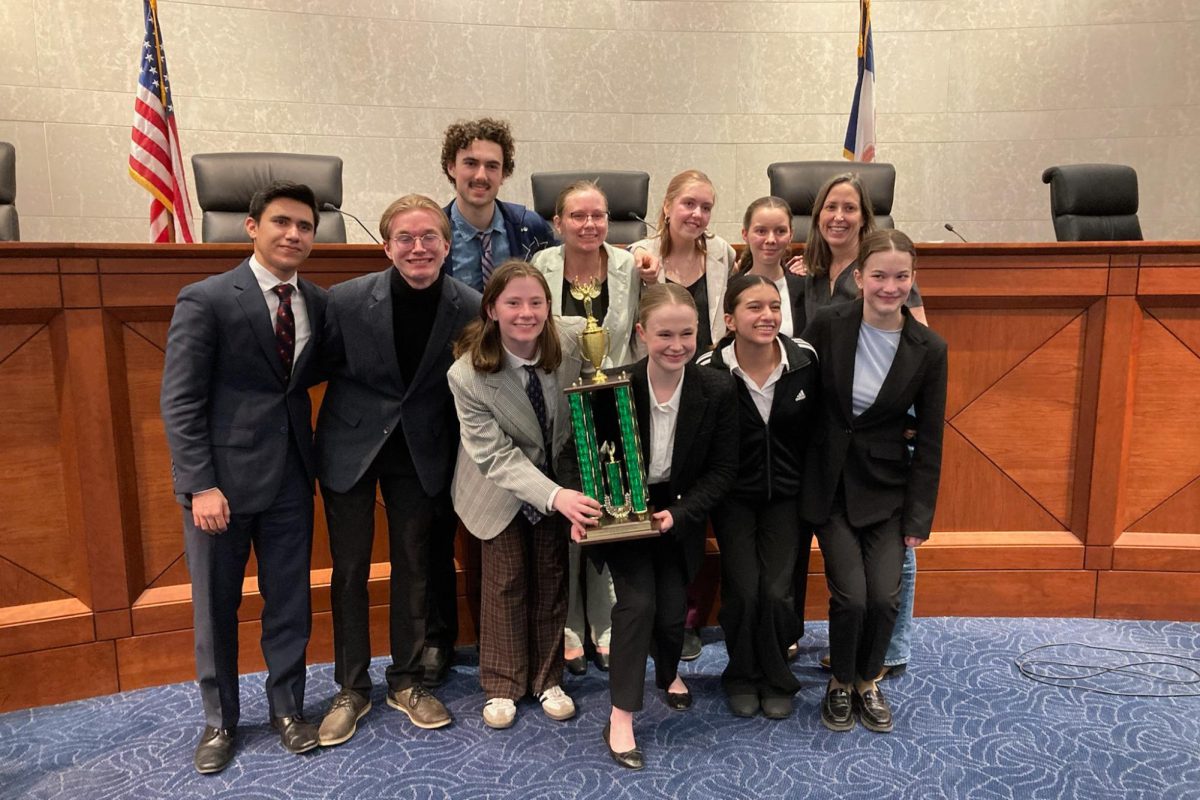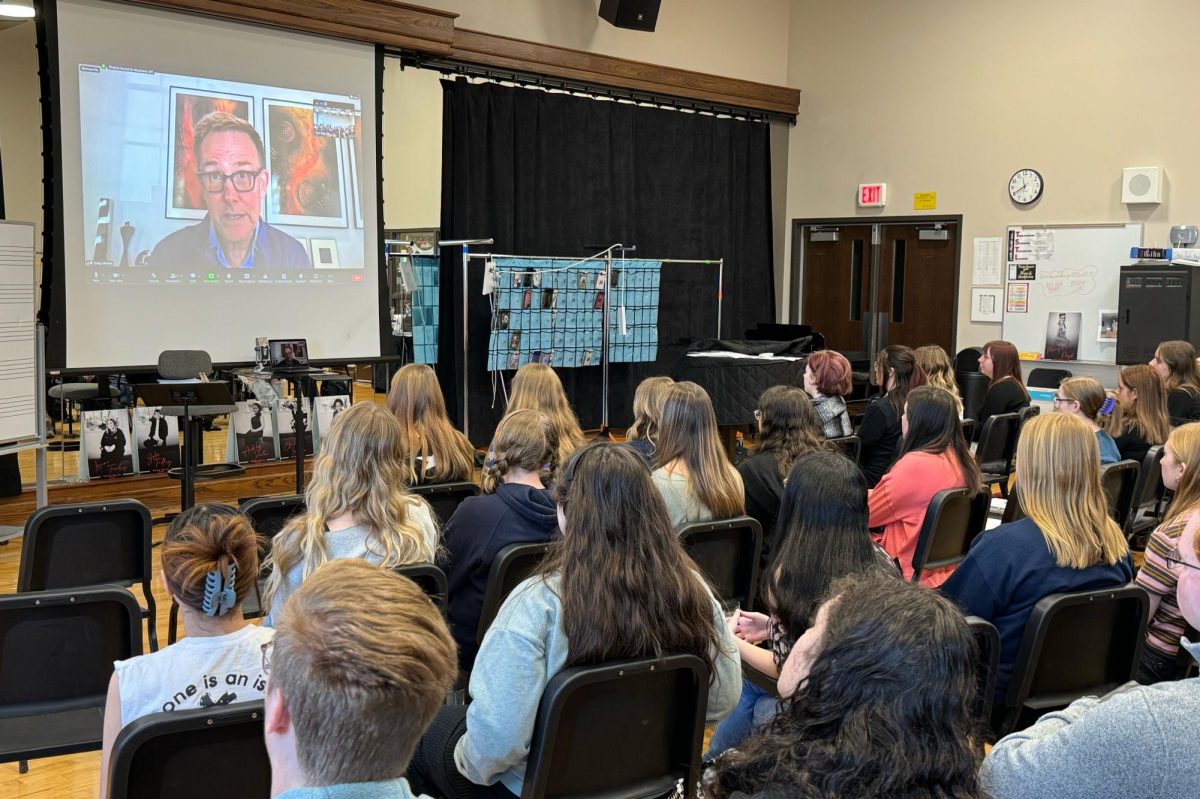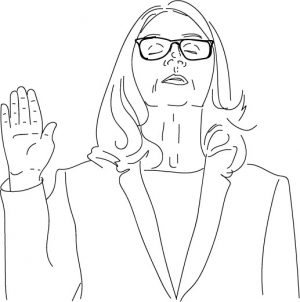Accused
November 9, 2018
On September 16, Dr. Christine Blasey Ford publicly accused then-United States Circuit Court Judge Brett Kavanaugh of physical and sexual assault. Shortly after, Kavanaugh strongly denied that he had ever committed the acts he was accused of. I and many others believe that we should reserve our judgment of the accused until they have been given a fair trial. One of our nation’s most important beliefs is that everyone in the United States has the right to be presumed innocent until their guilt is proven. When one asks the question, “I\s Kavanaugh guilty?” they are presuming that there is a definite answer to this–something only a conclusive investigation can reveal.
As for investigations, there have been quite a few. Most recently, the FBI conducted a round of interviews that did not reveal any evidence of misconduct–much like the previous six he has been subject to, which were insisted upon by both Democrats and Republicans alike. Rachel Mitchell, a public prosecutor from Arizona, was brought in to question both Ford and Kavanaugh. She was chosen because while working as the chief of the Special Victims Division in Arizona, she accumulated decades of experience prosecuting sex crimes. Mitchell later wrote, “A ‘he said, she said’ case is incredibly difficult to prove. But this case is even weaker than that. Dr. Ford identified other witnesses to the event, and those witnesses either refuted her allegations or failed to corroborate them.” She then went on to say, “I do not think that a reasonable prosecutor would bring this case based on the evidence before the Committee. Nor do I believe that this evidence is sufficient to satisfy the preponderance-of-the-evidence standard.”
There has been further evidence to the difficulty of opening a police investigation into the allegations against Kavanaugh. For one, Ford herself has not filed a police complaint against him, and Montgomery County chief prosecutor Lisae Jordan indicates that it is key to do so in cases of sexual misconduct or assault. “You’re risking re-traumatizing them again. It would be an even worse idea in cases like this, where detectives would know they’d have very serious legal issues to overcome,” she remarked, referencing the allegations Ford has brought. While not all victims of sexual crimes are comfortable with directly confronting their abuser, Ford testified in front of the Senate on September 27th to support her accusations. It is curious, then, that she would not also seek assistance from the police where the alleged assault took place. At least one charge that Justice Kavanaugh could be tried for is outside the scope of the statute of limitations–assault with intent to rape, which fits Dr. Ford’s description. Maryland police, however, say that she has yet to file any criminal complaint against him.
It is unquestionably important to take allegations of sexual assault seriously, but believing them without evidence is a dangerous thing to do. The hashtag “believe women,” while well-intentioned, has the consequences of implying that an investigation is not necessary for accusations of sexual assault brought by a woman. The only things more damaging than being accused of sexual assault are the effects of a public presumption of guilt. Ross Bullock was 38 years old when he decided to take his own life. He was accused of raping a woman after they had met at his workplace and engaged in sexual conduct, despite text messages between the two proving the encounter was consensual. After months of torment and anguish, Ross Bullock hanged himself.
Ford had three decades to pursue legal action against Kavanaugh with reasonable diligence, but choose not to. By the time her stale claim is litigated, Kavanaugh may have lost information important to his defense. This further tips the scales to favor the defendant, which is reasonable to believe in a court system that dictates the burden of proof belongs to the accuser and not the accused. As Americans, we must strive to find a balance between the rights of the accused and those owed to the victims, but without a rigorous consideration of the facts, we can’t make that decision. If we cannot prove his guilt, we must presume his innocence.
















































